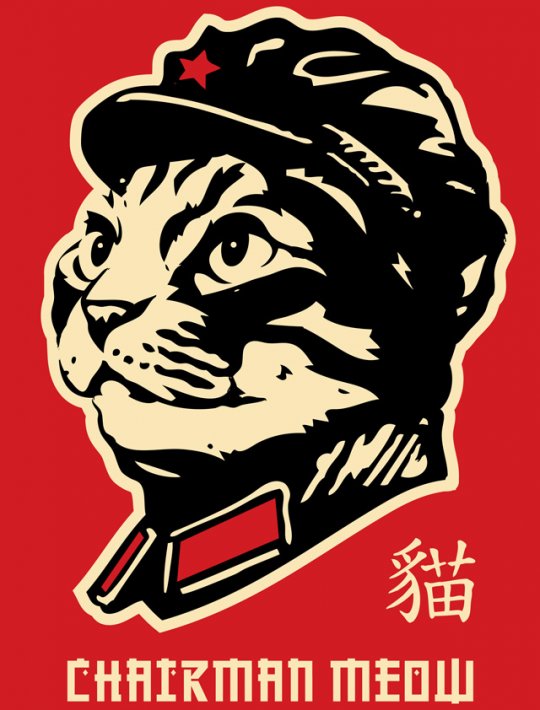How is it that the USSR didn't have any issues with inflation, and what is actually the cause of it in capitalist "societies"?
Inflation is a mechanism in capitalist economies to move wealth from the poor to the rich. The rich own assets which hold their value while the poor habe their money in all currency. So as inflation increases the percentage of wealth held by capital owners increases. Liberals frame this as "encouraging growth and investment" since saving money is pointless and you have to invest it to increase its value to keep up with inflation. This is technically true too but its quite obvious to anyone with a brain that that benefits the capital class as the workers cant afford to invest anything significant anyway. Most of if not all of their money goes to survival and to invest in something that isnt easily liquidated at little cost is a big risk.
In short inflation is on purpose. Economies like Japans dont run on an inflationary model and while you may still see inflation happen in a not purposeful way it is a desired outcome in nations like the US.
The USSR was a socialist nation and so did not function at all like a capitalist one economically. In the USSR the economy was setup with the goal of providing for the people of the society. Prices were not dictated by market forces and were not set to make a profit off people. The basis of value in the Soviet society was grounded in reality rather than in nonsense.
For example. A loaf of bread.
Under capitalism it is priced by a company at the highest amount they can convince people to pay for it that doesnt also cause them to be unable to move most of their product.
Under socialism while it can vary depending on if you still allow for buying and selling of basic goods at all and dont just give them out. You have something more along the lines of Bread costs this much to make, add in all costs for maintaining and improving the equipment etc, and thats what the price is. You dont chase profit. The value of the bread makers labor is accounted for in the price and they receive the entirety of their excess labor value. There is no capitalist taking a profit.
The value of a socialist nations currency compared to a capitalist currency is tough to assert when it isnt backed by something like gold. The USSR simply set the rubles value. They didnt have it fluctuating constantly in a market. This was possible because the state backs the currency and garuntees it. There are many models of how to do currency tho and they arent really exclusive to an economic model. But in the USSR if you had 100 rubles and saved them for 10 years you could be generally sure that theyll be able to buy you a similar amount of stuff after that 10 years passes.
Prices can change due to change in raw material scarcity etc yes but those changes wont be as extreme and will be limited to specific items.
Inflation is something that occurrd in even ancient class societies. It is noted in ancient societies that they originally issued silver coins for daily use, but as the centuries passed by successive governments debased the currency until copper coins were being used, then iron, then zinc and now today most money is digital, being produced at close to 0 cost.
The reason why Inflation happens in class societies is that the state debasing its currency, or banks increasing their lending (both of which cause inflation by jncreasing the money supply) are easy ways for the ruling class to generate financial power and keep liquidity in the economy up.
Another aspect to this is selection pressures for businesses. "Inflation" and "deflation" are statistical properties of an economy. That means that they exist as the sum of many small interacting parts (the prices of individual commodities).
If any business lowers their prices pre-maturely while everyone else keeps up their prices, the business will loose profit and thus shrink relative to others. This is a strong disincentive against deflating prices except in dire circumstances (recessions) where you can safely expect everyone else to also lower prices.


